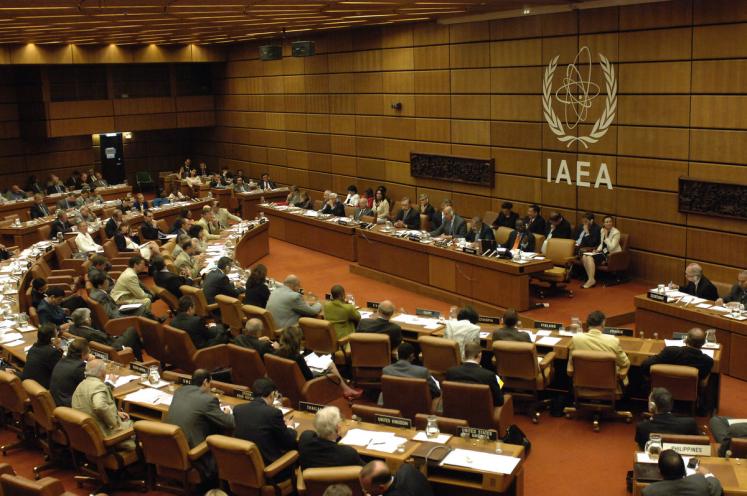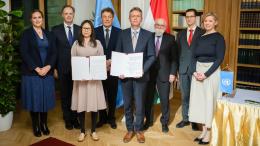Every five years since it entered into force in 1970, the states parties to the Nuclear Non-Proliferation Treaty (NPT) have held a conference to review its operation and to come to agreement on detailed language assessing the treaty’s various provisions. But half of the previous Review Conferences (1980, 1990, 1995, and 2005) have failed to achieve consensus on a substantive final declaration due to the same divisive issue – nuclear disarmament – that will be at the heart of the upcoming 2015 conference. Regardless, the treaty has managed to survive, secure indefinite extension (in 1995), and enjoy near-universal support. So why does it matter if the 2015 NPT Review Conference fails to produce a substantive consensus outcome document?
To begin, the 2010 Review Conference produced a unique 64-point Action Plan encompassing the treaty’s three pillars. While it is true that the plan neither delineated specific timelines nor provided many benchmarks for measuring progress, the specification of those actions was itself unprecedented, and the plan was heralded as a reflection of the parties’ commitment to the treaty and regime. A failure to achieve a consensus final declaration in 2015 – one that advances the plan and specifies the way forward – would have an impact in the opposite direction. It would leave the Action Plan in limbo, and recast doubt on whether states, particularly the recognized nuclear weapon states, are willing to abide by their commitments within the context of the NPT.
The status of the Action Plan is especially important given the fate of political commitments made at past Review Conferences. The resolution on a WMD-free zone in the Middle East adopted at the 1995 Review and Extension Conference and further outlined in 2010 remains unfulfilled; the lack of even procedural progress towards the establishment of a zone sparked Egypt to walk out of the 2013 NPT Preparatory Committee in protest. Meanwhile, the tone for the disastrous 2005 conference was set by the refusal of the nuclear weapon states – led by the United States – to reaffirm their commitment to the 13 practical steps towards nuclear disarmament adopted in 2000. It took three weeks of the month-long conference before parties had an agenda and work programme in place; the resulting final document offered only technical details, leaving out any mention of the 13 steps. This lack of continuity in the review process has undermined the treaty’s integrity.
Review Conferences themselves have also taken on more significance in the post-Cold War era. The set of decisions adopted at the 1995 conference – the first that involved all five nuclear weapon states – changed the orientation of the NPT, and of subsequent review cycles. States parties were directed to “look forward… and identify the areas in which, and the means through which, future progress should be sought in the future.” The review structure was further bolstered by the establishment of subsidiary bodies, and the lengthening of the Preparatory Committee process. In the current context, final declarations matter more than ever, providing guidance for treaty implementation.
Increasing dissatisfaction with disarmament progress has pushed non-nuclear weapon states to take more active steps in the issue-area, with the Non-Proliferation and Disarmament Initiative (NPDI) and the Conferences on the Humanitarian Impact of Nuclear Weapons. Arguably, the 2015 NPT Review Conference will not just be a referendum on the implementation of the Action Plan, but on the step-by-step approach towards disarmament long advocated by the nuclear weapon states, and on the viability of the NPT as the facilitating instrument to that end. A consensus final declaration is not the sole measure of the success or failure of a Review Conference. But such an outcome would build on the foundation established in 2010, and send a strong message about the health of the NPT, whose “credibility continues to be in jeopardy.”
Suggested citation: Wilfred Wan., "Why the NPT Review Conference Outcome Matters," UNU-CPR (blog), 2015-03-10, https://unu.edu/cpr/blog-post/why-npt-review-conference-outcome-matters.



